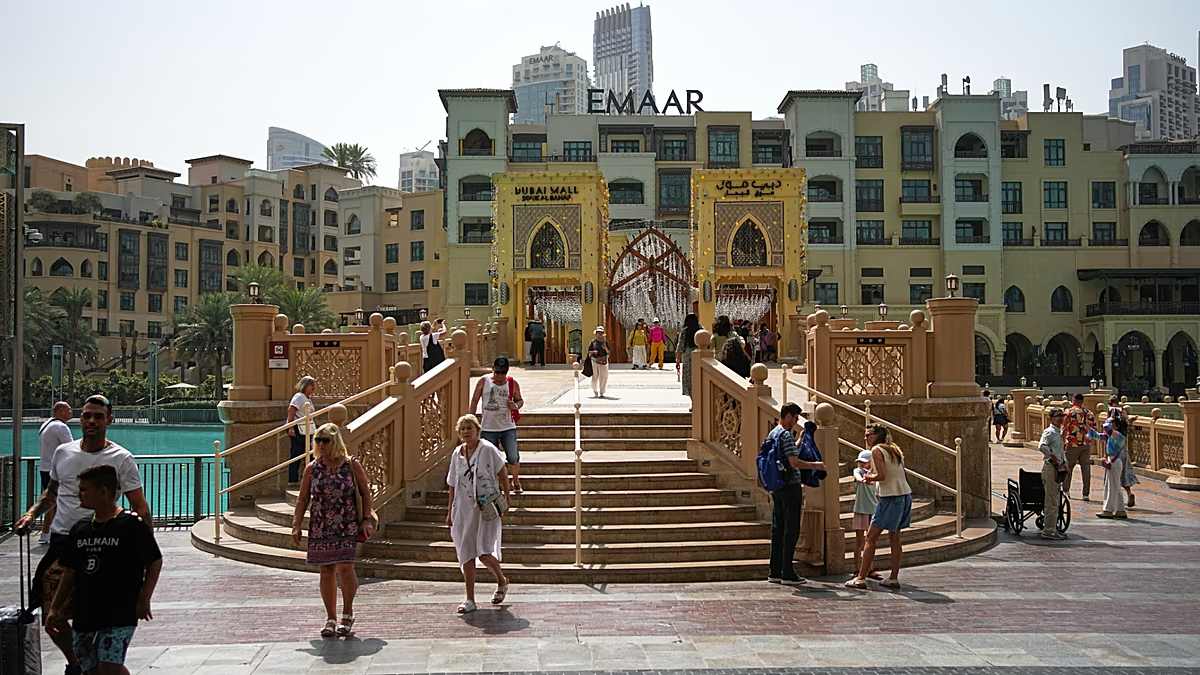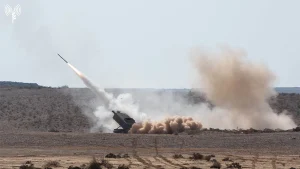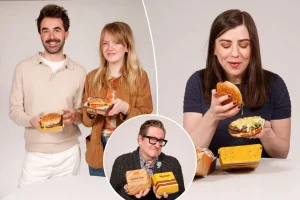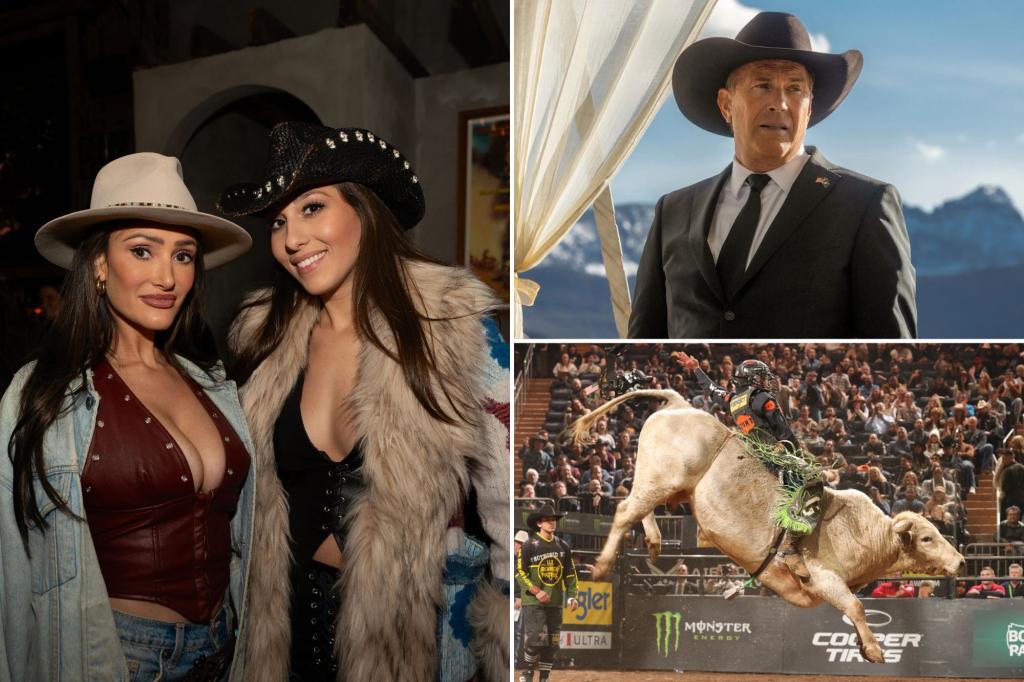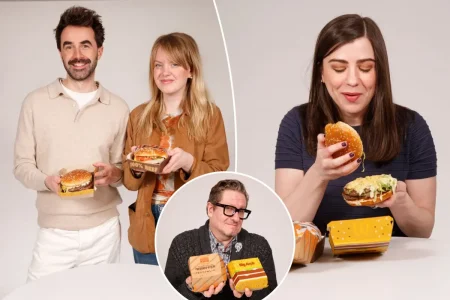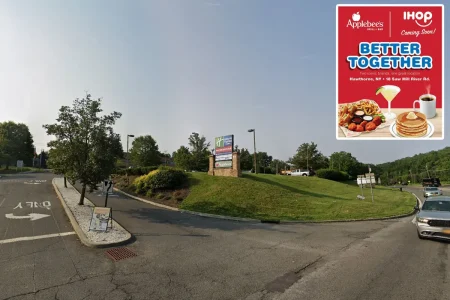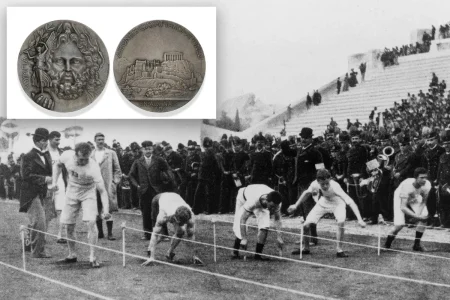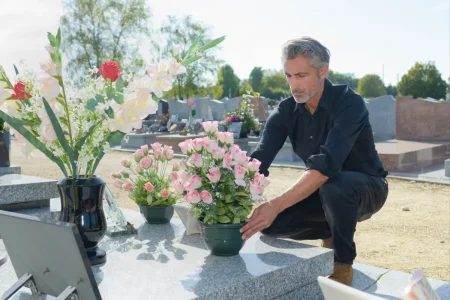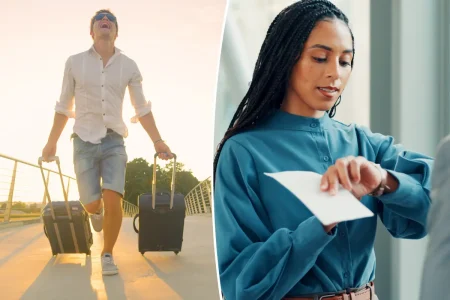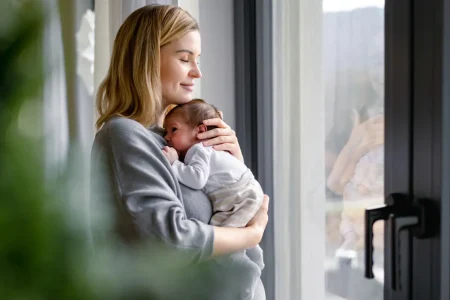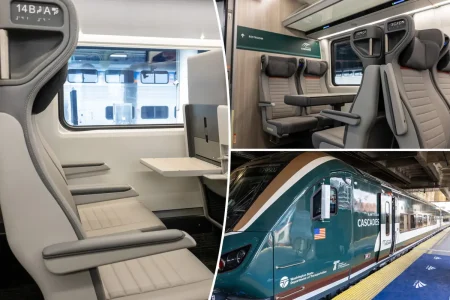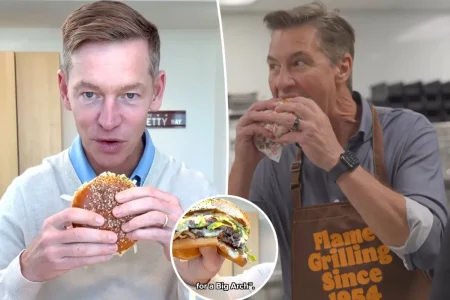The resurgence of cowboy culture is taking New York City by storm, a phenomenon dubbed the “Yellowstone Effect” after the popular television series. This cultural shift is evident in various aspects of city life, from the rising popularity of Professional Bull Riding (PBR) to the proliferation of honky-tonk bars and the embrace of western fashion. PBR’s annual event at Madison Square Garden is experiencing record-breaking ticket sales, demonstrating the burgeoning interest in this traditionally rural sport. This newfound appreciation for cowboy aesthetics extends beyond the arena, permeating the city’s social scene and fashion trends.
The influence of country music and western style is increasingly visible in New York’s nightlife. New establishments like Common Country, a sprawling bar in Kips Bay, are drawing large crowds eager to experience line dancing, live country music, and a distinctly Southern atmosphere. This trend complements long-standing venues like Flaming Saddles and Coyote Ugly, while new additions like Daisy Dukes and the upcoming Cowboy Tom on the Lower East Side further solidify the city’s embrace of country culture. These bars are attracting a diverse clientele, from finance professionals and models to influencers and media personalities, indicating the widespread appeal of this resurgent trend. The blend of Southern charm and New York City energy creates a unique and vibrant nightlife experience.
This cultural shift is not merely a fleeting fad, but rather a reflection of a deeper yearning for a simpler, more authentic experience, a contrast to the fast-paced, often impersonal nature of city life. Patrons of these establishments describe a sense of escapism, a feeling of community and shared enjoyment of music and dance. The appeal lies in the unpretentious, down-to-earth atmosphere, offering a respite from the pressures of urban living. This desire for genuine connection and a sense of belonging is a key driver of the cowboy culture revival.
The fashion world has also taken notice, with high-profile figures like supermodel Bella Hadid embracing western aesthetics. Her public appearances with her cowboy boyfriend, along with the inclusion of cowboy-inspired elements in high-fashion runways, such as Pharrell Williams’ Louis Vuitton show, have further cemented the trend’s mainstream appeal. This influence trickles down to everyday fashion choices, with an increasing number of New Yorkers sporting cowboy boots, Stetson hats, and other western attire. This adoption of cowboy style is not limited to themed events but is becoming integrated into everyday wardrobes.
The retail sector is experiencing a surge in demand for western wear, reflecting the growing popularity of the cowboy aesthetic. Boot Barn, a national western clothing retailer, has seen significant sales growth and is expanding its presence in the Northeast, including a new store in Paramus, New Jersey. Smaller retailers like Little Ranch Western Wear in Westchester are also reporting a substantial increase in sales of cowboy hats and boots, particularly the iconic Stetson brand. Even established footwear brands like Ariat, a sponsor of PBR, have observed double-digit growth, particularly in urban areas like New York City, demonstrating the widespread adoption of western fashion trends.
The “Yellowstone Effect” is more than just a trend; it represents a cultural shift, a yearning for authenticity and community in a fast-paced urban environment. From sold-out PBR events at Madison Square Garden to the proliferation of honky-tonk bars and the embrace of western fashion, the cowboy culture is making a significant impact on New York City. This resurgence speaks to a desire for a simpler, more grounded experience, a contrast to the complexities of modern urban life. The blend of traditional western elements with the city’s vibrant energy creates a unique and dynamic cultural landscape, suggesting the staying power of this cowboy revival.
